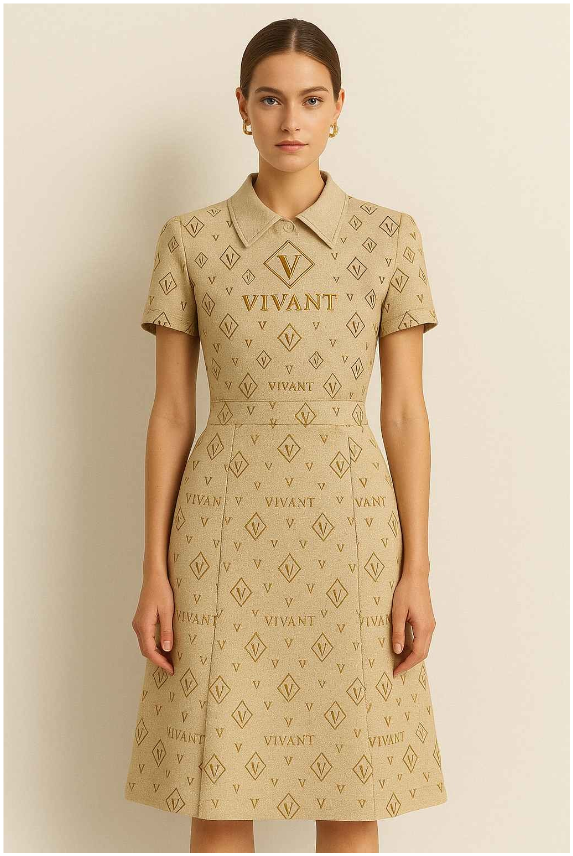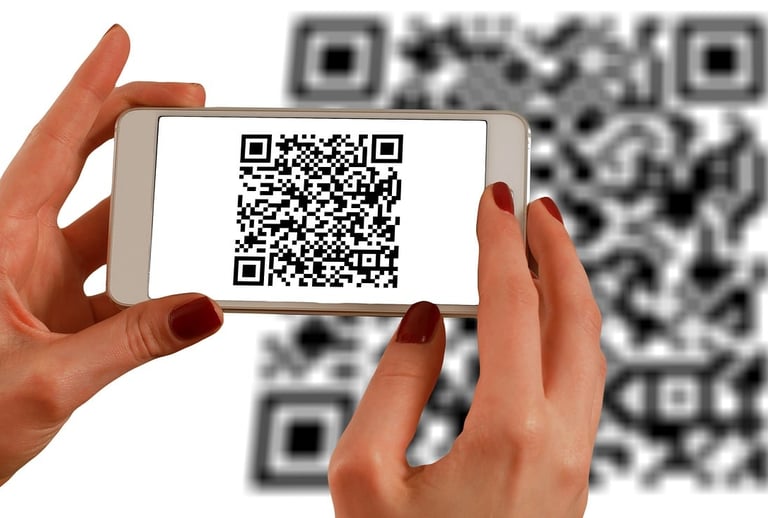Our Vision
"We no longer have to sacrifice life for beauty. VIVANT proposes a design of life for a living planet.
We create products with value beyond luxury using natural materials like mushrooms, bamboo, and coffee grounds.
VIVANT is more than just a brand; it is a philosophy of sustainable life."


There are many different types of leather, but so far, they've all been made from animal-based materials. Mushroom leather is a vegan-friendly leather that can be used in the same way as animal-based leather (i.e., for making shoes, bags, and clothing).
This vegetable leather is made from the vegetative part of fungi, called mycelium. Although mushrooms belong to the fungal kingdom, they possess unique properties that make them ideal for creating leather-like materials.
People consume mushrooms as food or as nutritional supplements to help strengthen their immune systems and improve concentration. Various mushroom species are now becoming a key option for developing new materials in the fashion industry.
Creating a sustainable future with mushroom leather.






Blockchain is revolutionizing the luxury goods market by creating verifiable digital identities for products, ensuring authenticity and combating counterfeiting through tamper-proof, decentralized ledgers. It enhances supply chain transparency by tracking a product's journey from raw materials to the consumer and enables seamless ownership transfer and resale through digital product passports. Furthermore, blockchain allows for engaging customer experiences, such as digital collectibles and personalized services, while also supporting sustainability initiatives and providing valuable data for brands.
Key Applications & Benefits
Counterfeit Prevention:
Blockchain provides an immutable, secure record of a product's authenticity, making it difficult for counterfeit items to enter the market and protecting brand integrity.
Transparency and Traceability:
Brands can track every step of a luxury item's lifecycle, from raw materials to its sale and resale, providing consumers with complete visibility and building trust.
Authenticity Verification:
Each product can be given a unique digital identity linked to a QR code or RFID tag, allowing consumers to verify its origin and history.
Enhanced Customer Experience:
Digital Collectibles (NFTs): Brands can offer digital tokens that provide unique ownership rights or access to exclusive services, enriching the customer relationship.
Personalized Services: Blockchain can be used to offer personalized services like styling tips or warranty information, building customer loyalty.
Facilitating the Resale Market:
Blockchain-verified authenticity makes pre-loved luxury items more valuable and trustworthy, streamlining the resale process and empowering customers.
Improved Sustainability:
Brands can use blockchain to prove fair-trade practices and ethical sourcing, supporting their sustainability goals and appealing to socially conscious consumers.
Supply Chain Management:
Smart contracts on the blockchain can automate processes like inventory management and logistics, reducing inefficiencies and costs.
How it Works
1. Digital Identity:
A unique digital identifier is created for each luxury item.
2. Data Recording:
Critical information, such as the item's origin, materials, and ownership history, is recorded on a decentralized digital ledger.
3. Immutable Records:
Once recorded, this data cannot be altered, ensuring its integrity and providing a permanent, tamper-proof history for the item.
4. Consumer Access:
Consumers can access this information, often through a QR code on the physical product, to verify its authenticity and journey.





CONTECT
We welcome your inquiries about our products.
Company
Experience the innovative mushroom leather material. It's both vegan and eco-friendly.
Address
906 Samheung Building, Teheran-ro, Gangnam-gu, Seoul, Korea
Business hours
Monday to Friday 10:00 to 17:00 Closed on Saturdays and Sundays
VIVANT
Creating sustainable luxury fashion with eco-friendly mushroom leather.
contect
info@vivantworld.org
© 2025 Vivantworld. All rights reserved.

